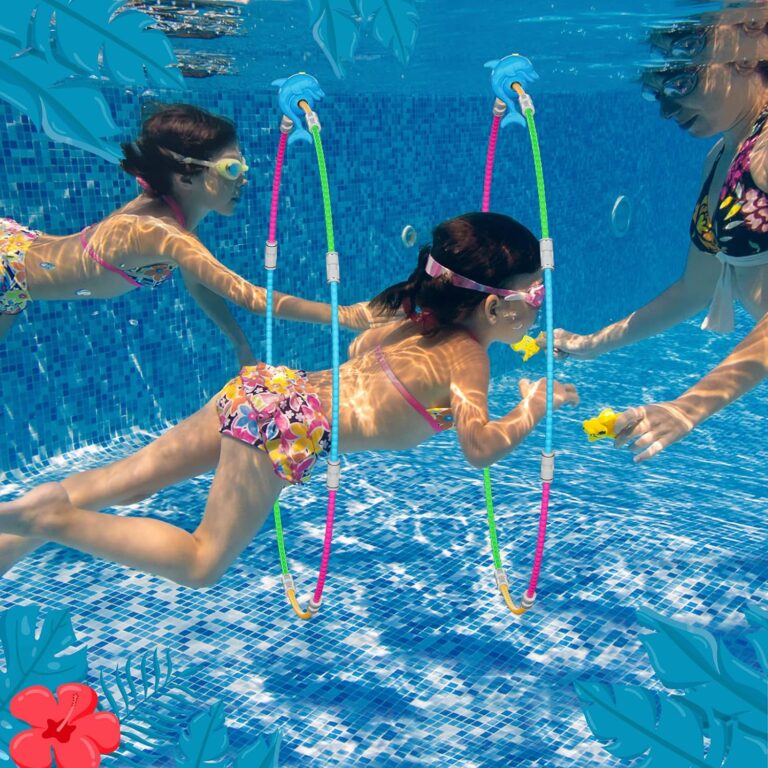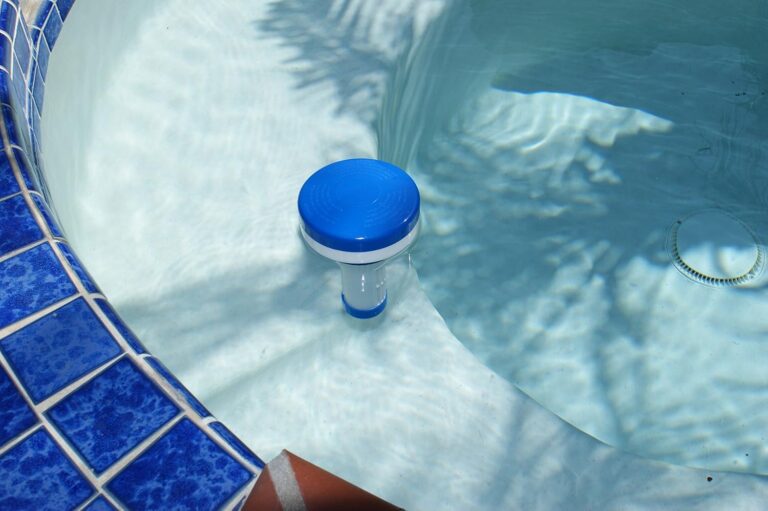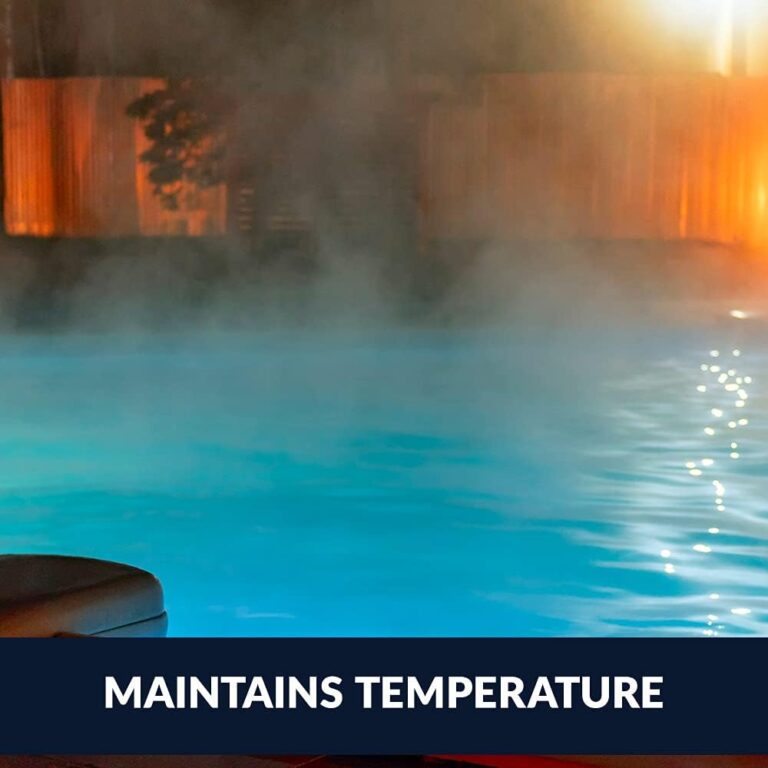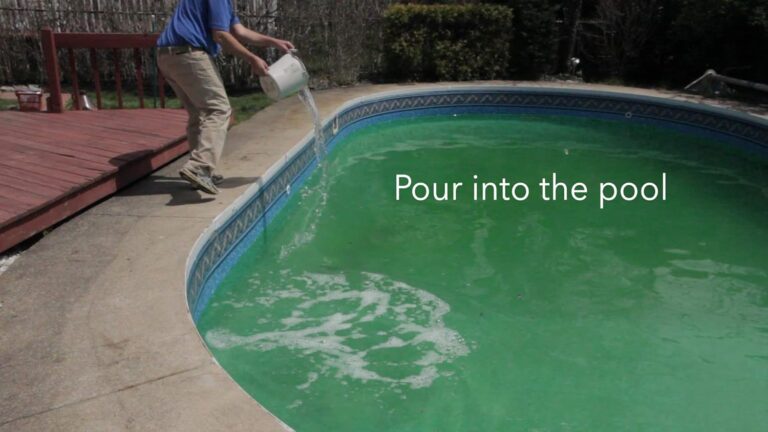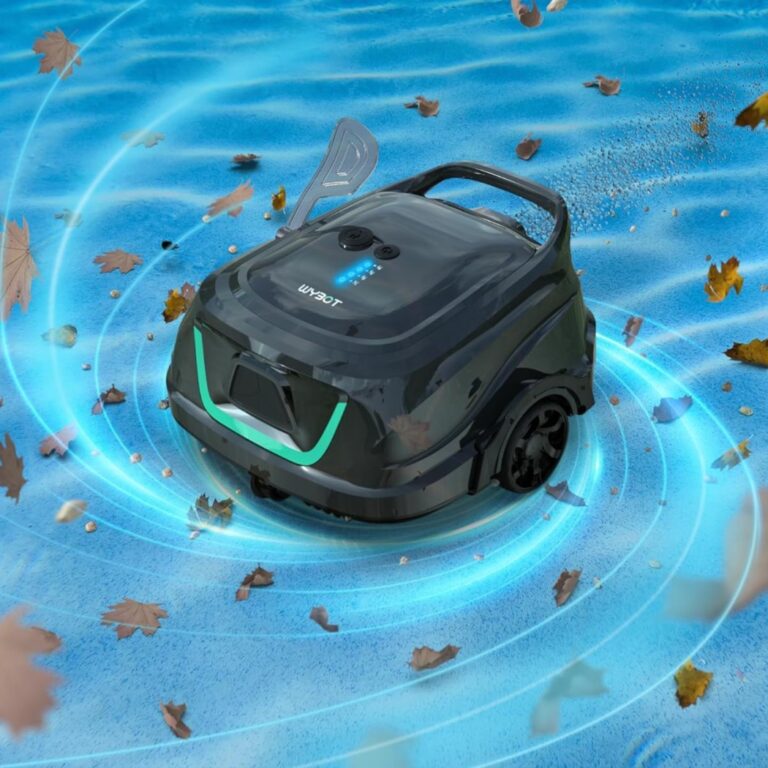Can Swimming Pool Water Be Filtered to Drink?
Table of Contents
- 1 Introduction
- 2 Understanding Swimming Pool Water
- 3 Methods of Water Filtration
- 4 Challenges in Filtrating Pool Water
- 5 Water Treatment Processes
- 6 Potential Health Risks
- 7 Regulations and Guidelines
- 8 Alternative Uses for Treated Pool Water
- 9 Advancements in Filtration Technology
- 10 Environmental Impact of Pool Water Treatment
- 11 DIY Water Filtration Methods
- 12 Community Water Treatment Projects
- 13 Educational Initiatives
- 14 Future Trends in Water Filtration
- 15 Conclusion
Introduction
Water is necessary for survival, so keeping it clean is critical.
The concept of purifying swimming pool water for drinking is both appealing and problematic.
This article examines the practicality and safety implications of such a practice, highlighting the need for water filtration to ensure public health and safety.
Also read >>> The Best Portable Water Filters for Camping
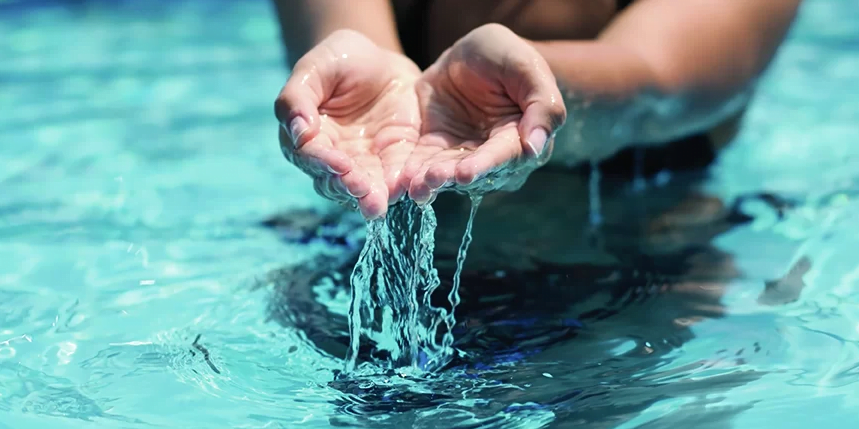
Understanding Swimming Pool Water
To preserve cleanliness, swimming pool water generally contains purified, fresh water containing disinfectants such as chlorine or bromine.
pH balancers and stabilizers are also necessary to maintain proper water chemistry.
Typical pollutants in swimming pool water come from various sources, including swimmers (sweat, body oils, and cosmetics), ambient detritus (leaves, dirt), and microbes.
Regular maintenance is required to handle these pollutants and keep the water safe and clean for swimmers.
Proper filtration, chemical treatments, and frequent cleaning are necessary to preserve the pool’s water quality.
Methods of Water Filtration
Traditional pool filtration systems generally incorporate sand, cartridge, and diatomaceous earth (DE) filters.
Sand filters catch debris, cartridge filters collect particles with pleated fabric, and DE filters remove tiny impurities using a powdered material.
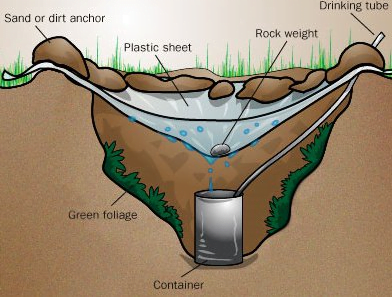
Advanced filtration technologies provide more efficient solutions, such as UV filtration, which kills bacteria with ultraviolet light, and ozone systems, which disinfect water with ozone gas.
Another sophisticated technology is saltwater chlorination, which converts salt into chlorine, ensuring continual cleanliness. These innovative technologies improve water purity and cleanliness while minimizing the need for chemical additions.
Challenges in Filtrating Pool Water
Filtrating pool water involves several issues, including regulating pool care chemicals and dealing with microbiological contamination.
Chemicals such as chlorine and pH balancers are necessary for cleaning and maintaining water quality, but they must be carefully controlled to avoid harming swimmers and equipment.
Microbial contamination from bacteria, algae, and viruses creates substantial dangers that must be constantly monitored and treated.
Traditional filtration systems may struggle to remove small particles and bacteria, needing additional treatments such as UV or ozone systems.
Balancing good filtration with chemical management is critical for keeping pool water safe and clean.
Water Treatment Processes
Chlorination, UV radiation, and ozonation are all important water treatment methods for sanitizing and guaranteeing the safety of pool water.
- Chlorination is a popular method for killing bacteria and viruses. Chlorine compounds, which function as strong disinfectants, are added to the water.
- UV radiation therapy involves exposing water to ultraviolet light. This light destroys bacteria’s DNA, making them harmless and unable to reproduce.
- Ozonation adds ozone gas, a powerful oxidizing agent, into water to oxidize and degrade organic molecules and pollutants.
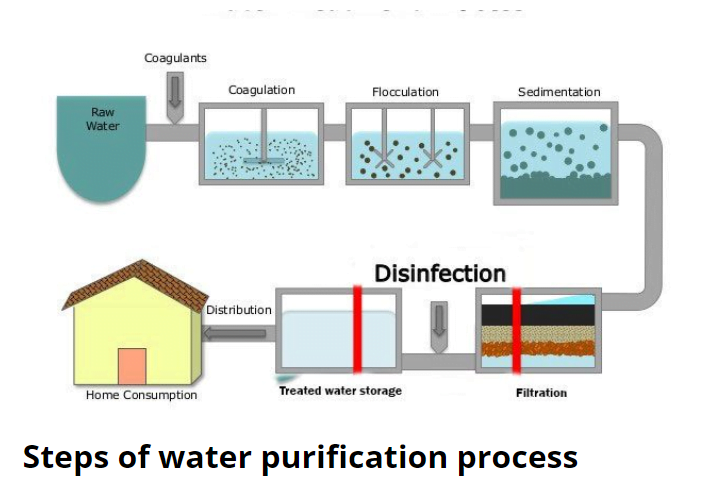
These techniques frequently operate together, each addressing various water pollution issues.
- Chlorination offers continual disinfection,
- UV radiation ensures broad-spectrum bacteria death,
- Ozonation improves water clarity and purity by breaking down complex organic compounds.
Together, these treatment methods form a complete strategy for keeping pool water clean, safe, and sanitary.
Potential Health Risks
Consuming treated pool water poses health risks, including exposure to chlorine, which can cause respiratory irritation and worsen asthma even at low concentrations.
Prolonged contact with chlorinated water often leads to skin irritations and allergic reactions.
Due to chlorine and other disinfectants used in pool maintenance, swimmers might experience red, itchy eyes and dry, irritated skin.
Additionally, ingesting contaminated water can lead to gastrointestinal issues. Thus, managing chemical levels carefully and maintaining proper pool hygiene to minimize these health risks is crucial.
Regulations and Guidelines
To safeguard public health, government rules and industry recommendations establish swimming pool water quality standards, including allowable levels of disinfectants, pH, and microbiological counts.
Compliance with these criteria is critical to maintaining the safety and cleanliness of pool water.
Regulations guarantee that pools have adequate disinfection and a healthy chemical balance, lowering swimmers’ risk of disease and irritation.
Adhering to these criteria is critical for pool owners to ensure a safe and clean swimming environment.
Alternative Uses for Treated Pool Water
Aside from swimming, treated pool water offers a variety of purposes.
It may be reused for agricultural irrigation, reducing reliance on freshwater supplies.
Additionally, cleaned pool water can be used in non-potable applications such as cooling systems, cleaning procedures, and other industrial activities.
This approach emphasizes water conservation and sustainability by using the best available water resources.
The agricultural and industrial sectors may promote more sustainable water management practices by recycling cleaned pool water for these new applications.
Also read >>> The Best Electric Water Pump to Buy
Advancements in Filtration Technology
Nanofiltration and reverse osmosis are viable alternatives for cleaning pool water to drinkable levels.
Nanofiltration employs membranes with minute holes to selectively remove pollutants, including chemical molecules, viruses, and bacteria while allowing essential minerals to flow through.
Reverse osmosis is a similar strategy but uses finer membranes that can filter out a more extensive variety of contaminants, such as dissolved salts and heavy metals.
These methods guarantee that treated pool water fulfills strict safety and cleanliness standards, making it acceptable for drinking and other potable applications.
Water treatment techniques can use these sophisticated filtering methods to reach better purity levels while contributing to sustainable water resource management.
Environmental Impact of Pool Water Treatment
Pool water treatment has an environmental effect due to the disposal of filter waste and the high energy consumption in treatment plants.
To offset these consequences, environmentally friendly techniques such as reusing filter material and optimizing energy consumption are critical.
These strategies decrease waste and carbon emissions, support eco-friendly water treatment, and contribute to environmental conservation. Implementing these measures leads to more sustainable management of pool water resources.
DIY Water Filtration Methods
Homemade filtration devices like sand and charcoal filters provide easy ways to cleanse pool water.
Sand filters capture bigger particles, whereas charcoal filters remove pollutants and chemicals, enhancing water purity and safety.
Natural filtering systems, such as artificial wetlands and bio-sand filters, provide inexpensive and ecologically benign alternatives.
Constructed wetlands employ plants and microorganisms to filter water, whereas bio-sand filters successfully clean water using sand, gravel, and biological processes naturally.
These do-it-yourself approaches offer realistic alternatives for preserving pool water quality, minimizing dependency on commercial systems, and supporting environmentally friendly water management practices.
Community Water Treatment Projects
Collaboration and non-profit groups are critical in ensuring clean water access for marginalized populations.
Community-based water treatment programs aim to solve local water issues through education, infrastructure development, and capacity building.
These programs include teaching local populations about water treatment procedures, building and maintaining water treatment facilities, and encouraging sustainable behaviors.
These programs increase water security, public health, and long-term sustainability by providing communities with the information and tools they need to manage their water supply.
The engagement of local stakeholders ensures that solutions are adapted to each community’s unique requirements and conditions.
Educational Initiatives
Educational efforts increase knowledge of water conservation and filtration measures in schools and communities. These initiatives emphasize conserving water resources and using correct filtration technologies.
Public awareness efforts on pool water safety encourage proper water management, highlighting the importance of regular maintenance and chemical balance to guarantee a safe swimming environment.
These efforts promote proactive steps to preserve human health and the environment by teaching people about appropriate swimming behaviors and effective water treatment.
Future Trends in Water Filtration
Technology improvements and an emphasis on sustainability will define future trends in water filtration.
Innovative filtration systems with sensors and automation allow for real-time monitoring and optimization.
Decentralized water treatment options, such as small-scale filtration systems, provide greater flexibility and efficiency in solving local water issues.
Furthermore, including renewable energy sources such as solar and wind power in filtering operations minimizes dependency on traditional energy sources while encouraging environmentally beneficial behaviors.
These developments indicate an increased emphasis on efficiency, efficacy, and environmental responsibility in water treatment.
Conclusion
To summarize, while utilizing filtered swimming pool water for drinking may appear unorthodox, it is feasible with adequate treatment methods and technology.
However, guaranteeing water safety goes beyond filtration; it also requires regulatory compliance, public education on water quality, and the implementation of sustainable practices.
By stressing these factors, we may protect public health and provide access to clean and safe drinking water in all contexts.
This holistic approach emphasizes considering various aspects while treating water to enhance overall health and well-being.
Also Read
The Best Hand Push Mowers Today

